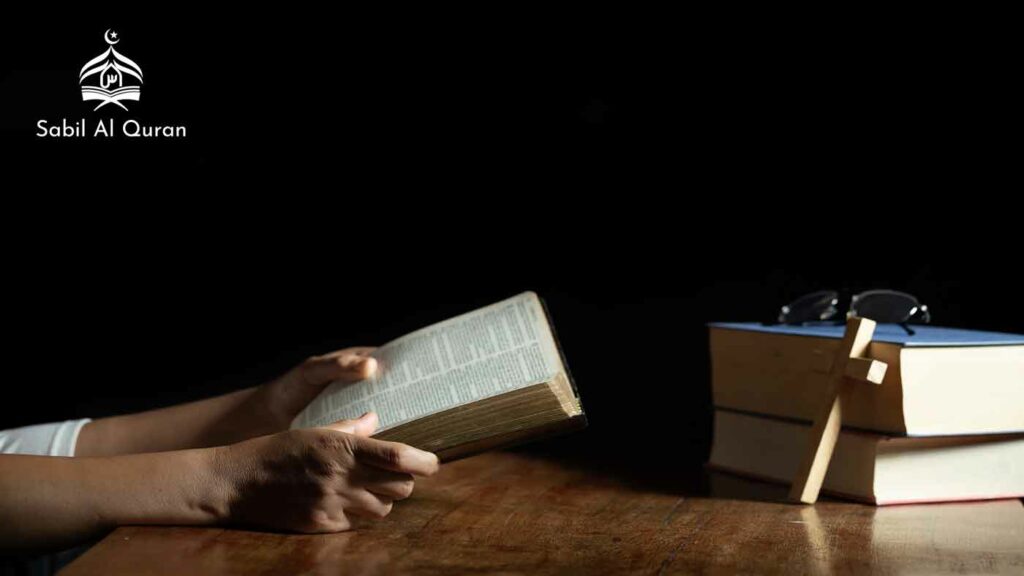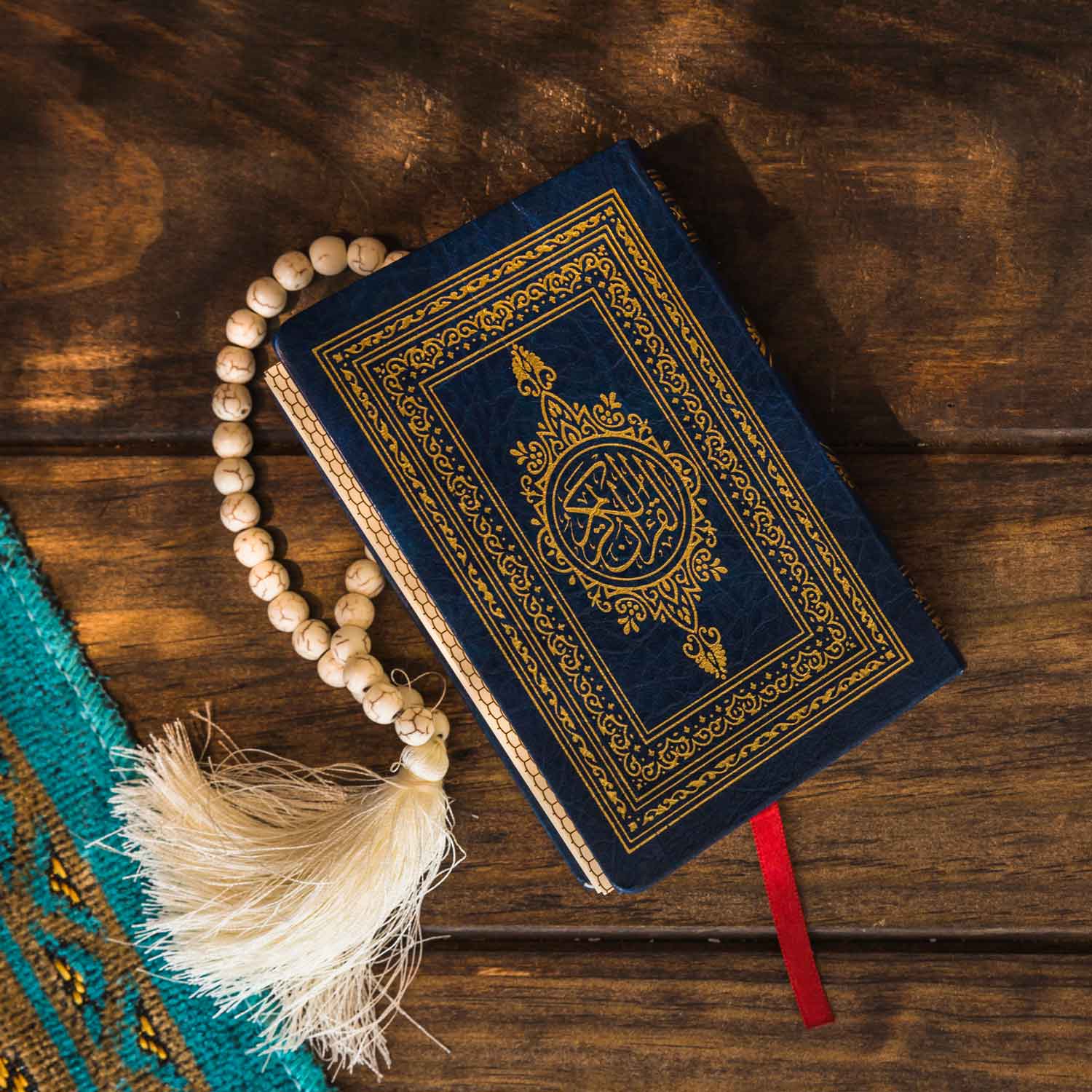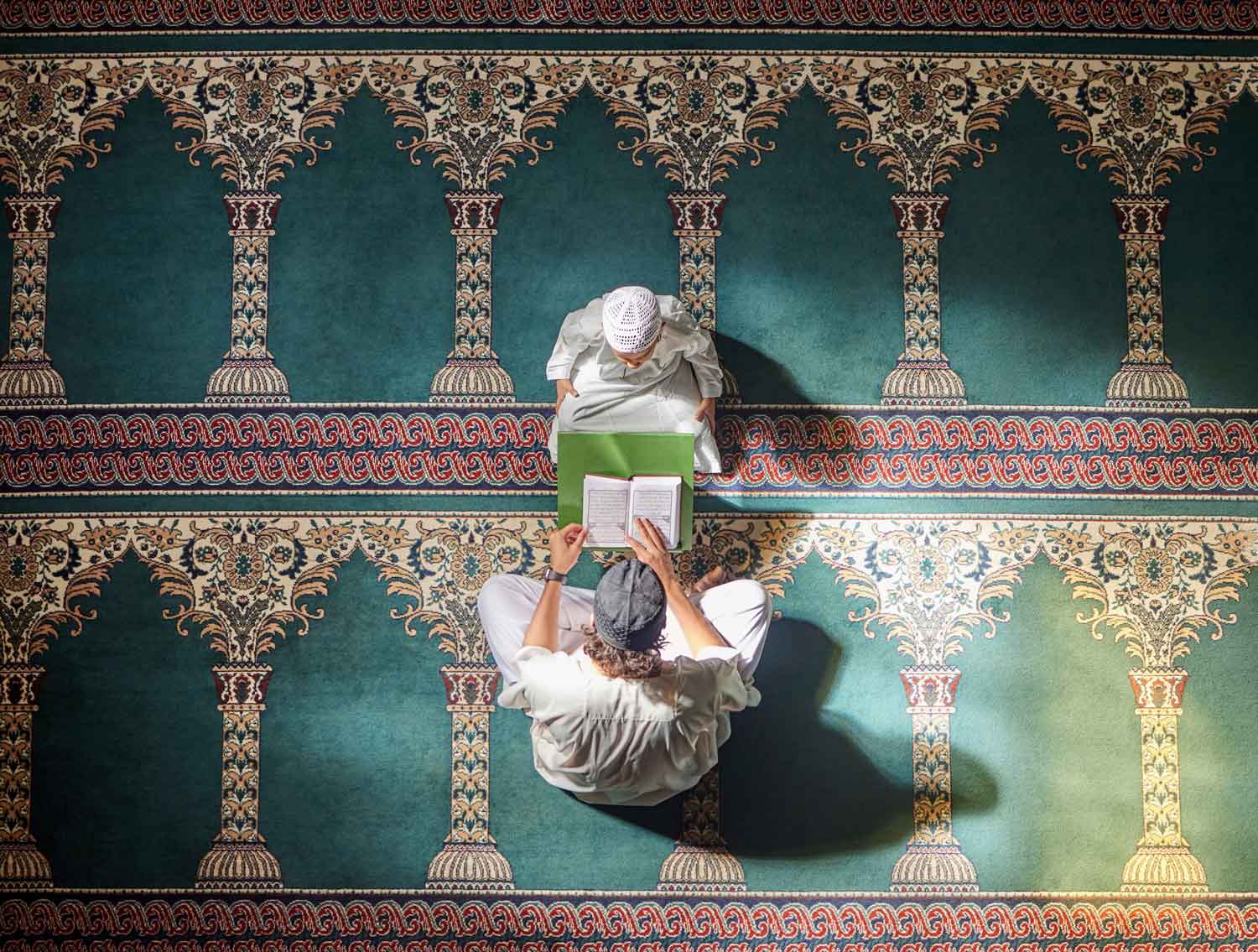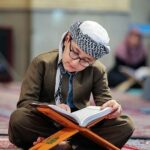
Islamic Studies, as an integral part of education, plays a crucial role in fostering religious literacy. This discipline goes beyond imparting religious knowledge; it ensures that students develop a deep understanding of Islam, its rituals, beliefs, and practices. This essay explores how Islamic Studies contributes to religious literacy within the educational context.In the diverse landscape of education, Islamic Studies emerges as a key player in promoting religious literacy. It serves as a comprehensive guide, not only transmitting knowledge about Islam but also ensuring that students possess a nuanced understanding of the religion, its history, and its significance.Islamic Studies provides students with an in-depth understanding of Islam. Through the study of the Quran, Hadith, and other sacred texts, students gain a profound insight into the beliefs, principles, and values that form the foundation of the Islamic faith.Repeated use of Islamic Studies emphasizes its central role in developing religious literacy. It signifies that this academic discipline is not just about acquiring facts but about cultivating a deep and nuanced comprehension of Islam.The curriculum delves into the rituals and worship practices of Islam. Students learn about the significance of prayers, fasting during Ramadan, pilgrimage to Mecca, and other religious observances, ensuring a thorough understanding of the practical aspects of the faith. Islamic Studies places importance on the correct pronunciation and recitation of Quranic verses. Students engage in the study of Tajweed rules, ensuring that they can recite the Quran accurately and with the proper intonation.A comprehensive understanding of Islamic history is a key component of Islamic Studies Students explore the life of Prophet Muhammad, the early Islamic community, and the spread of Islam, gaining insights into the historical context that shaped the religion. Islamic Studies introduces students to the philosophical aspects of Islam. From theological debates to discussions on ethics and morality, students engage with the rich intellectual tradition within Islam, contributing to their overall religious literacy . The study of Islamic jurisprudence (fiqh) ensures that students have a practical understanding of Islamic law. They learn about legal rulings, ethical guidelines, and the application of Islamic principles in various aspects of life. Islamic Studies fosters an understanding of the diversity within Islam, including different sects and schools of thought. Students learn to appreciate the various interpretations of the faith, contributing to a nuanced understanding of the global Muslim community.The curriculum acknowledges the cultural and regional variations within the Islamic world. Students explore how Islam is practiced in different communities, fostering an appreciation for the diverse cultural expressions within the global Muslim ummah. Islamic Studies extends beyond textual knowledge to include an appreciation of Islamic art and architecture. Students explore the beauty of mosques, calligraphy, geometric patterns, and other artistic expressions, connecting art with the cultural and religious heritage of Islam.Religious literacy through Islamic Studies extends to interfaith dialogue. Students learn to engage in conversations with individuals from different religious backgrounds, contributing to a broader understanding and appreciation of religious diversity. Islamic Studies serves as a beacon for religious literacy within the educational framework. The repetitive integration of Islamic Studies underscores its pivotal role in shaping individuals with a profound and nuanced understanding of Islam. By ensuring that students are well-versed in the beliefs, practices, and cultural expressions of the Islamic faith, this discipline contributes to the development of informed and culturally sensitive individuals.
know more about Islamic Studies by our Course

Featured Courses

Tajweed Rules
Tajweed Rules Course is designed for learning how to pronounce the letters in the words correctly such as when a consonant letter is silent or not, etc.

Quran Recitation
Quran Recitation is a sacred art, a rhythmic melody that echoes the divine verses, fostering a profound connection to Allah's words.

Arabic Language
The Arabic language, rich in history and eloquence, serves as the cradle of the Quran, carrying the essence of divine revelation.

Quran Memorization
Quran Memorization Course at madrasatelquran.com focuses on memorization of the Holy Quran in the shortest time possible with high-accuracy.

Islamic Studies
Islamic education is the best way to be better Muslims and humans as well. Islamic Studies Course helps Muslims to know all essentials about their religion.

Online Ijazah
Online Ijazah Course is an advanced Quran course because “Ijazah” is a certification grant its holder permission to teach and recite the Quran with tajweed.



